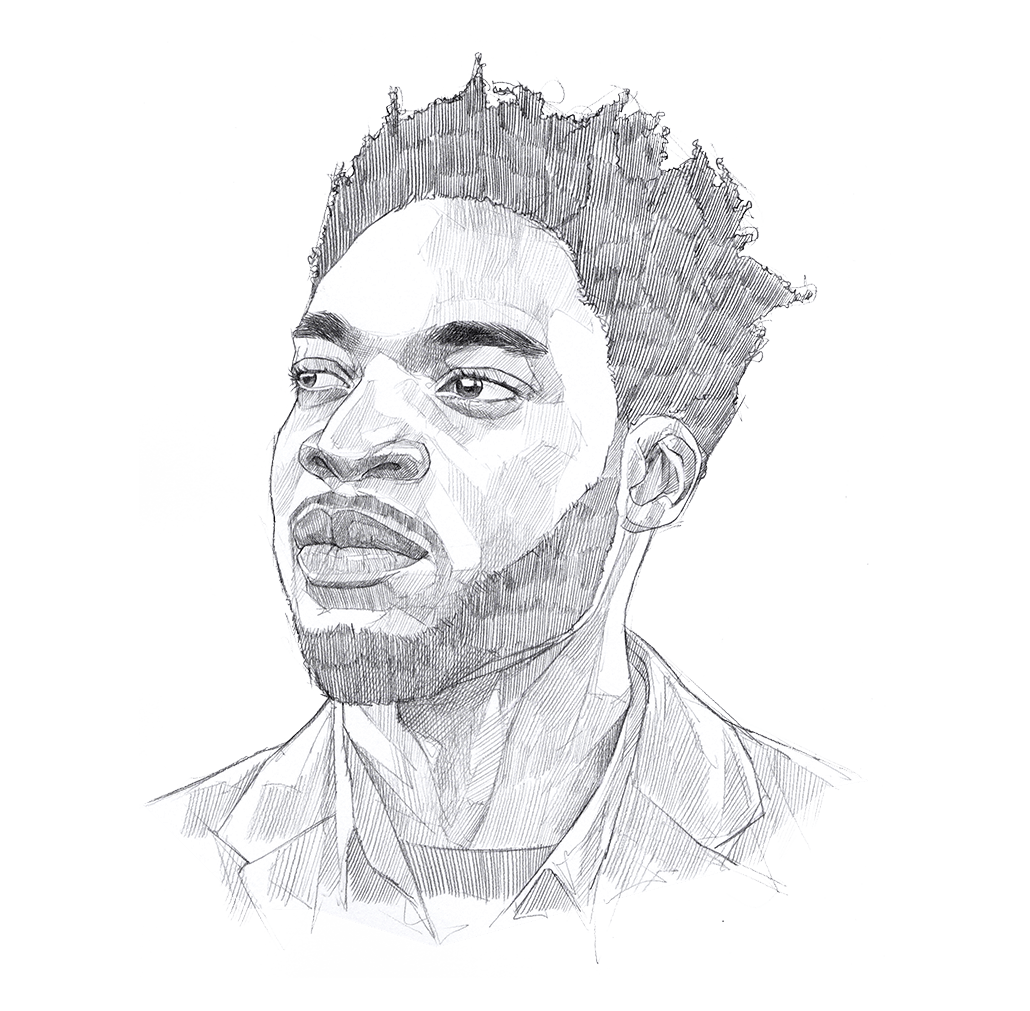The intersectional piece is there to check off a box
Yeah, I guess my main takeaway from the discussion is that there's definitely a lack of awareness. I think, for the most part, aside from maybe some of us who are athletes in here, that may have had this policy put in front of them, there's really not much else that draws your attention to it. And truthfully, I think, especially for a Black male, when something happens, to then find out that there's something like this in place, it's probably too late. I'd say, like, a very, very low percentage of Black men would actually end up, you know, turning to this policy. And it for sure, I mean, speaking for myself anyway, it would not make me feel any more comfortable, that much would be resolved in any manner. So, I guess my main takeaway from this is just that, there should be more awareness around it. And then, you know, even a step further, with the policy and its wording, I think you made the point earlier [facilitator], like the intersectional piece- it just seems like it's there to check off a box.
Recommendations
-
Engage in activities to develop anti-racism as it pertains to sexual violence prevention and response. Apply anti-racist practices in these areas.
-
Consider how a student's identities might affect their expectations and concerns when accessing supports following a sexual assault, or when involved in a sexual assault investigation.
-
Including male students across cultures in discussions of sexual violence, gender stereotypes, and stereotypes of masculinity.
-
Ensure all sexual violence prevention and response education and training opportunities actively deconstruct victim-blaming, rape myths and gender norms. Ensure these sessions take an intersectional approach to understanding sexual violence and supporting victim/survivors.
-
Address concern around wrongful accusations while developing new policies or training materials.
-
Use multiple formats to deliver accessible education about the SV/SA policy during orientation and at least once per semester
-
Be aware of damaging assumptions about Black and Middle Eastern male sexuality; consider problematizing this form of bias in education and awareness campaigns. In working with students from these demographics in relation to a disclosure or report, demonstrate awareness that such biases exist, and demonstrate intention not to be swayed by such assumptions.
-
In education and awareness campaigns, highlight the fact that a significant percentage of men have experienced sexual violence in their lives.

